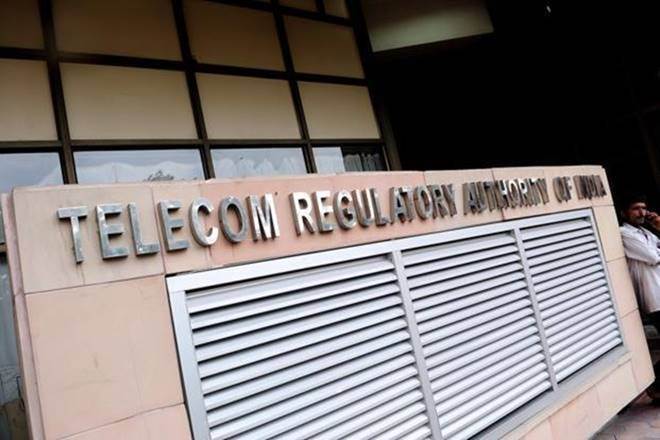Indian telecom regulator TRAI has relieved companies of charging users with minimum 50 paisa for text messages after they cross the limit of 100 SMS a day owing to the situation arising out of the coronavirus pandemic. Under a certain clause, telecom companies were required to charge a minimum of 50 paisa per SMS above the limit of 100 SMS per SIM per day to avoid commercial bulk texts. “The deletion of Schedule XIII thus implies another step of TRAI in doing away with the tariff regulation and strengthening the regime of tariff regime forbearance,” TRAI said in its latest notification. However, after the removal of this clause, companies now have a free hand in deciding the charges for such bulk messages, PTI reported an official as saying.
“It was felt that tariff regulation which has the potential of adversely affecting the interests of genuine non-commercial bulk users of SMS is no longer required and therefore can be removed,” TRAI said. The Schedule XIII of the Telecommunications Tariff Order was introduced in 2012.
Meanwhile, Indian telecom operators are in for a pleasant surprise by FY25 as their revenues are likely to be doubled by the time period. India has entered into a “tariff discipline phase”, which means that companies such as Vodafone-Idea, Reliance Jio, and Bharti Airtel will enjoy higher ARPU (average revenue per user). “A comparative analysis of over 25 markets indicates that mobile revenues/ARPUs in India could double over FY20-25 to USD 38 billion,” a Jefferies report said on Monday. Currently, India’s mobile revenues-to-GDP ratio is among the lowest at 0.7% among the countries which share similar scale, according to a comparison of mobile ARPUs (average revenue per users) of over 25 countries.
With this, Sunil Bharti’s telecom company Bharti Airtel is likely to emerge as the key beneficiary of expanding tariffs and consolidation of the telecom space. The news may bring relief to Indian telecom operators which were having turbulent years since Mukesh Ambani’s entry into the telecom sector with Reliance Jio and the AGR dues.

